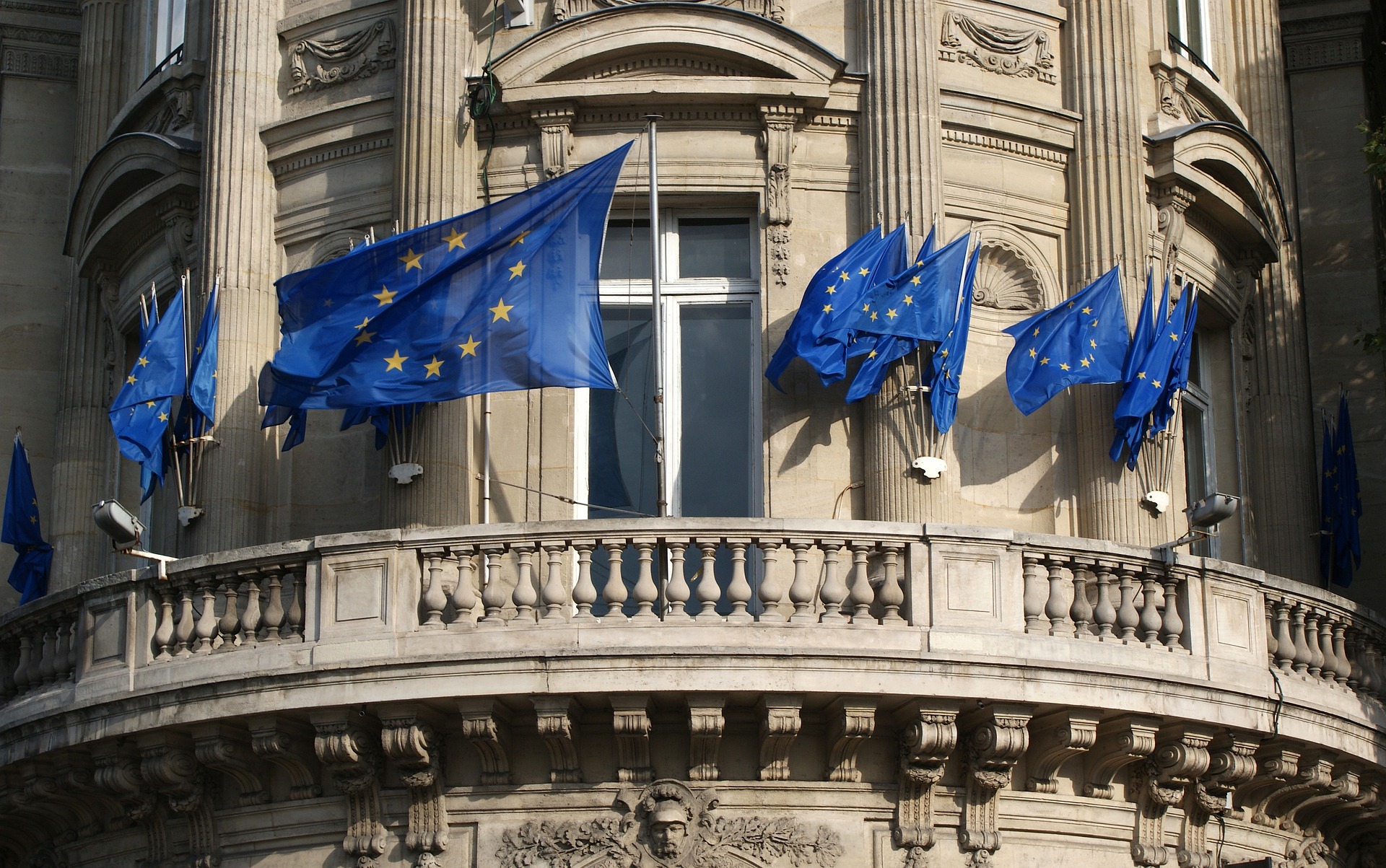The European Union’s ambassador to the Pacific Island nations said this week that the bloc was looking to increase its presence and engagement in the region. The push to increase engagement also comes amidst rising competition.
EU Ambassador to the Pacific Islands Sujiro Seam told Reuters Tuesday that the bloc is looking to increase its presence. Seam explained that the EU was long seen as a development partner in the Pacific region and that the latest move would show that the bloc also wants to be seen as an economic and strategic partner.
“The geostrategic importance of the Pacific is recognized by everyone, including the European Union,” said Seam.
The push by the European Union also comes at a time when several world powers are also looking to hold some influence in the region. The United States and Australia recently sought to increase engagement in the Pacific after China signed a security agreement with the Solomon Islands this year.
In 2021, the bloc unveiled its Indo-Pacific strategy and announced a $305 billion global infrastructure fund.
Seam said this fund was helping bolster ties with nations in the region. The European Union currently has several projects in the region and is looking to establish more, according to Seam. Seam noted that the bloc is finalizing plans to spend five million euros on a feasibility study for a wharf on Kiritimati Island in Kiribati.
Seam made clear that the EU’s position in the region was not against any specific nation such as China. However, Seam noted that most of the assistance China provides is in the form of loans, which would only increase the debt vulnerability of countries in the region.
Meanwhile, the United Kingdom filed dispute resolution proceedings against the European Union in an effort to gain access to the group’s scientific research programs, such as Horizon Europe, according to the British government.
This follows the trade agreement signed in 2020, where the UK negotiated access to a range of scientific and innovation programs, including Horizon, in a $97 billion program that would provide grants and projects to researchers.
However, the UK said that 18 months later, the bloc has yet to finalize the UK’s access to Horizon, Copernicus – the Earth’s observation program on climate change, Euratom – the nuclear research program, and other services like Space Surveillance and Tracking.



 HHS Adds New Members to Vaccine Advisory Panel Amid Legal and Market Uncertainty
HHS Adds New Members to Vaccine Advisory Panel Amid Legal and Market Uncertainty  Netanyahu Suggests Iran’s Supreme Leader Khamenei May Have Been Killed in Israeli-U.S. Strikes
Netanyahu Suggests Iran’s Supreme Leader Khamenei May Have Been Killed in Israeli-U.S. Strikes  Germany and China Reaffirm Open Trade and Strategic Partnership in Landmark Beijing Visit
Germany and China Reaffirm Open Trade and Strategic Partnership in Landmark Beijing Visit  Argentina Senate Approves Bill to Lower Age of Criminal Responsibility to 14
Argentina Senate Approves Bill to Lower Age of Criminal Responsibility to 14  Trump Says U.S. Combat Operations in Iran Will Continue Until Objectives Are Met
Trump Says U.S. Combat Operations in Iran Will Continue Until Objectives Are Met  EU Urges Maximum Restraint in Iran Conflict Amid Fears of Regional Escalation and Oil Supply Disruption
EU Urges Maximum Restraint in Iran Conflict Amid Fears of Regional Escalation and Oil Supply Disruption  U.S. Lawmakers Question Trump’s Iran Strategy After Joint U.S.-Israeli Strikes
U.S. Lawmakers Question Trump’s Iran Strategy After Joint U.S.-Israeli Strikes  Iran Supreme Leader Ayatollah Ali Khamenei Killed in Israeli, U.S. Strikes: Reuters
Iran Supreme Leader Ayatollah Ali Khamenei Killed in Israeli, U.S. Strikes: Reuters  Federal Judge Blocks Virginia Social Media Age Verification Law Over First Amendment Concerns
Federal Judge Blocks Virginia Social Media Age Verification Law Over First Amendment Concerns  Zelenskiy Urges Change in Iran After U.S. and Israeli Strikes, Cites Drone Support for Russia
Zelenskiy Urges Change in Iran After U.S. and Israeli Strikes, Cites Drone Support for Russia  Australia Rules Out Military Involvement in Iran Conflict as Middle East Tensions Escalate
Australia Rules Out Military Involvement in Iran Conflict as Middle East Tensions Escalate  Trump Launches Operation Epic Fury: U.S. Strikes on Iran Mark High-Risk Shift in Middle East
Trump Launches Operation Epic Fury: U.S. Strikes on Iran Mark High-Risk Shift in Middle East  Pentagon to Halt Ivy League Programs for U.S. Military Officers Starting 2026
Pentagon to Halt Ivy League Programs for U.S. Military Officers Starting 2026  Russia Signals Openness to U.S. Security Guarantees for Ukraine at Geneva Peace Talks
Russia Signals Openness to U.S. Security Guarantees for Ukraine at Geneva Peace Talks  Pentagon Leaders Monitor U.S. Iran Operation from Mar-a-Lago
Pentagon Leaders Monitor U.S. Iran Operation from Mar-a-Lago  Trump Orders Federal Agencies to Halt Use of Anthropic AI Technology
Trump Orders Federal Agencies to Halt Use of Anthropic AI Technology  Trump Floats Ted Cruz for Future U.S. Supreme Court Nomination
Trump Floats Ted Cruz for Future U.S. Supreme Court Nomination 































